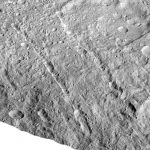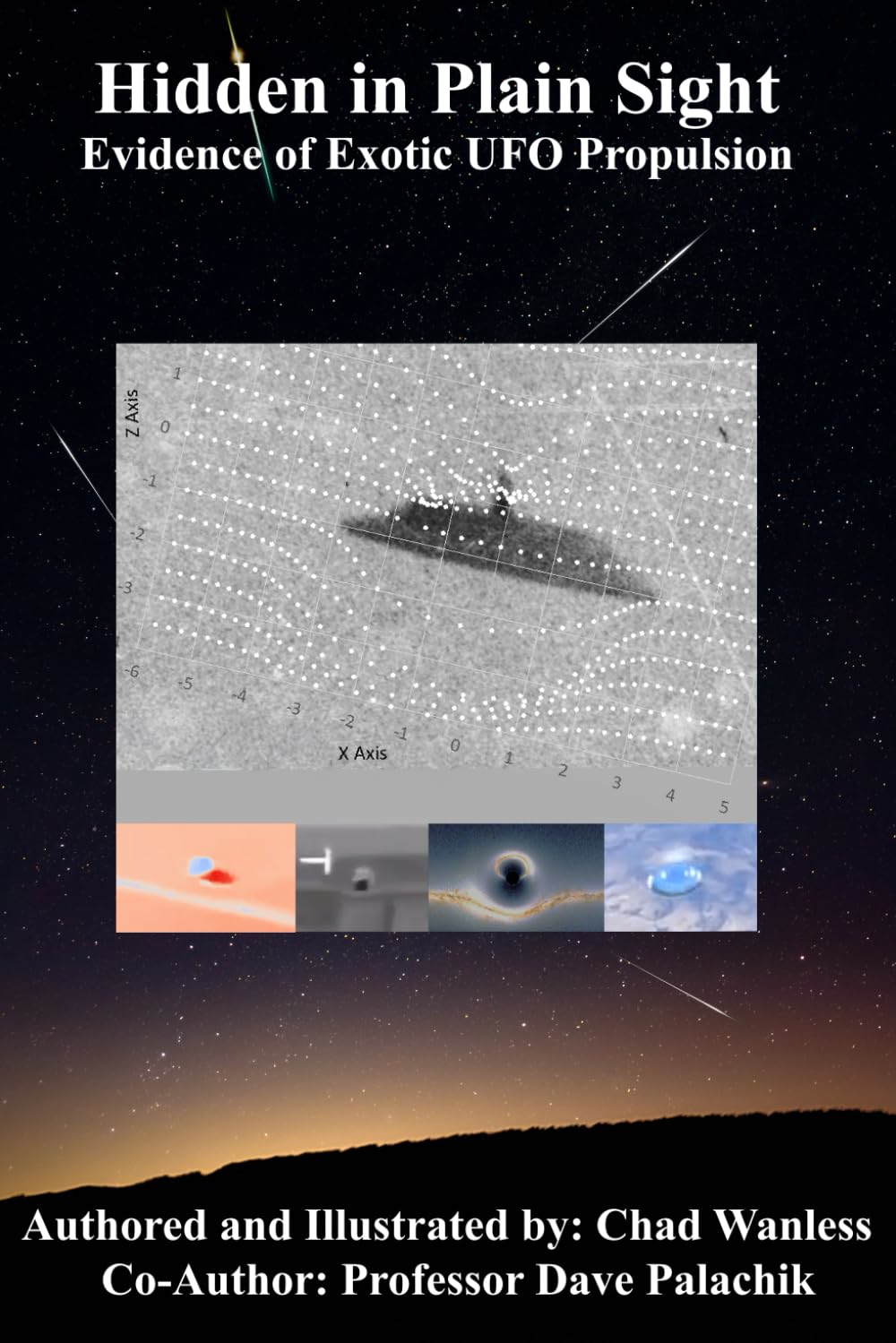Dawn explores Ceres’ interior evolution0
- From Around the Web, Space
- November 10, 2017
Surface features on Ceres—the largest world between Mars and Jupiter—and its interior evolution have a closer relationship than one might think.

Surface features on Ceres—the largest world between Mars and Jupiter—and its interior evolution have a closer relationship than one might think.

Everything we are told about ancient history is wrong: civilisation didn’t start in Sumeria and Egypt around 3,500 BC; it began 10,000 years before in great cities which subsequently suffered a cataclysm. An entire episode in the human story was rubbed out, a chapter not of unsophisticated hunter gatherers but of advanced technology.

A team of scientists who last week announced the discovery of a large void inside the Great Pyramid of Giza have created a virtual-reality tour that allows users to “teleport” themselves inside the structure and explore its architecture.

We’ve waited a long time for this.

Nan Madol is an ancient and remote city that has long been out of reach for archaeologists. Now, new tech has given scholars unprecedented access to the site, which was once the seat of the Saudeleur Dynasty (1100 CE to 1600 CE).

For those that believe human beings were created in God’s own image, the idea that we have monkeys in our evolutionary history is a little hard to swallow, so it is likely to cause even more upset than scientists have now announced they’ve found the earliest known ancestor, and it’s a rat!

When and how to observe the Taurids Meteor Shower this weekend November 11-12

It has recently been announced (never very loudly) that NASA’S Kepler spacecraft has found at least more than 100 confirmed alien planets – and probably far more than they actually make out to have discovered!

Dr. Milton Wainwright is trying to convince the world that the found alien life floating some 25 miles in our planet’s atmosphere – but while tabloids gobbled up his story like no tomorrow, the scientific community is much more reluctant to accept his results. Is there any truth to these claims? Let’s have a look.

Arizona man puts property up for sale after being attacked by aliens. An American man has put his $5 million ranch on the property market claiming that he and his wife want to up sticks and move far away from the place because they are sick of the regular visitations they receive from aggressive extra-terrestrial beings.



